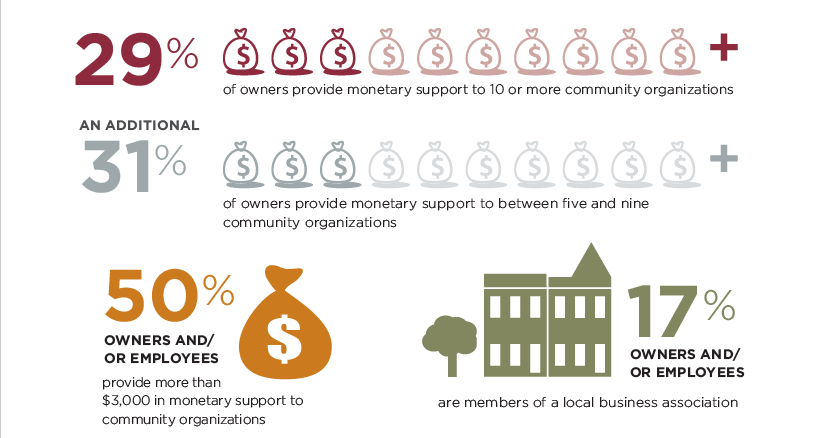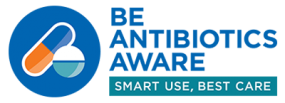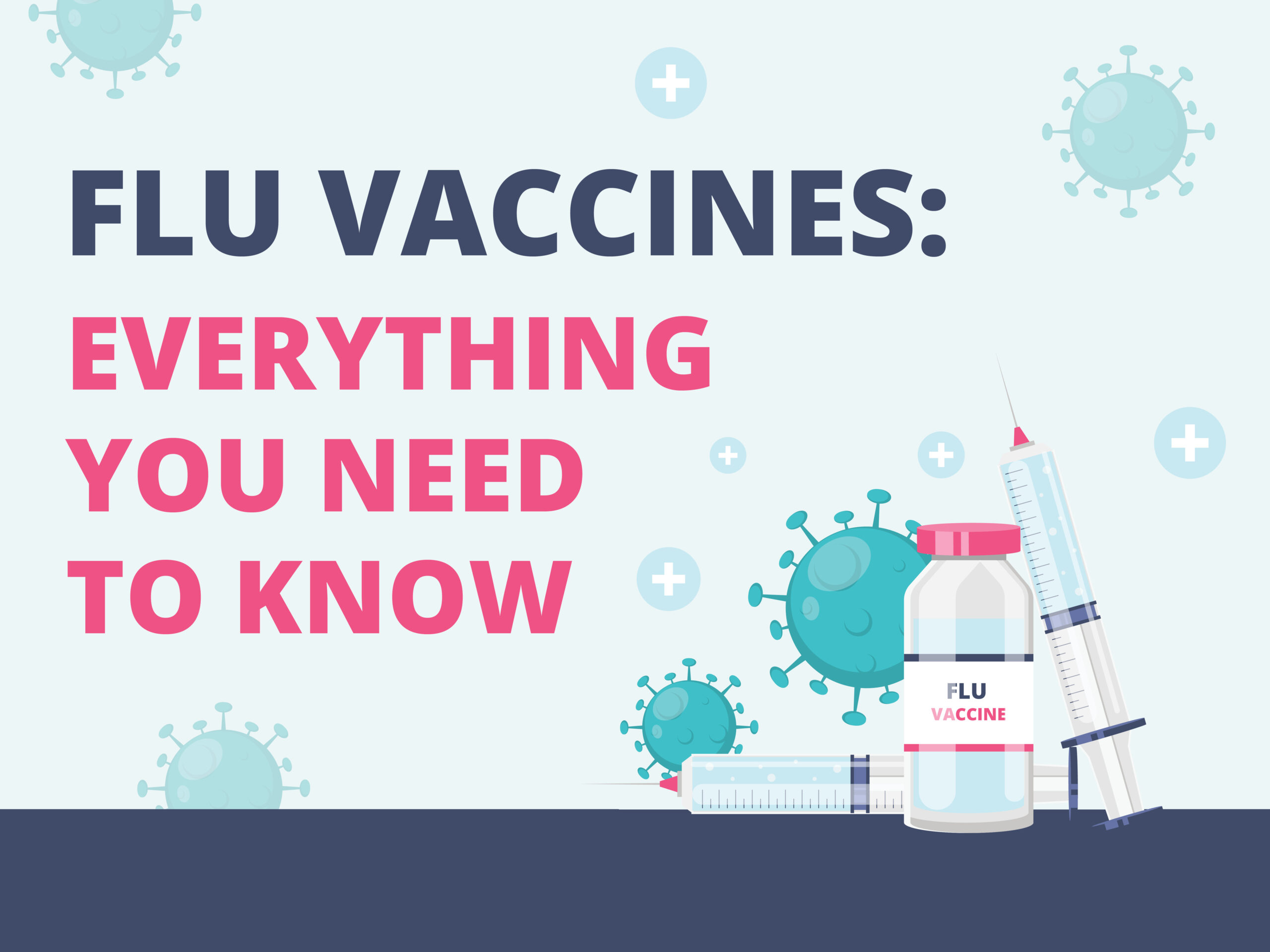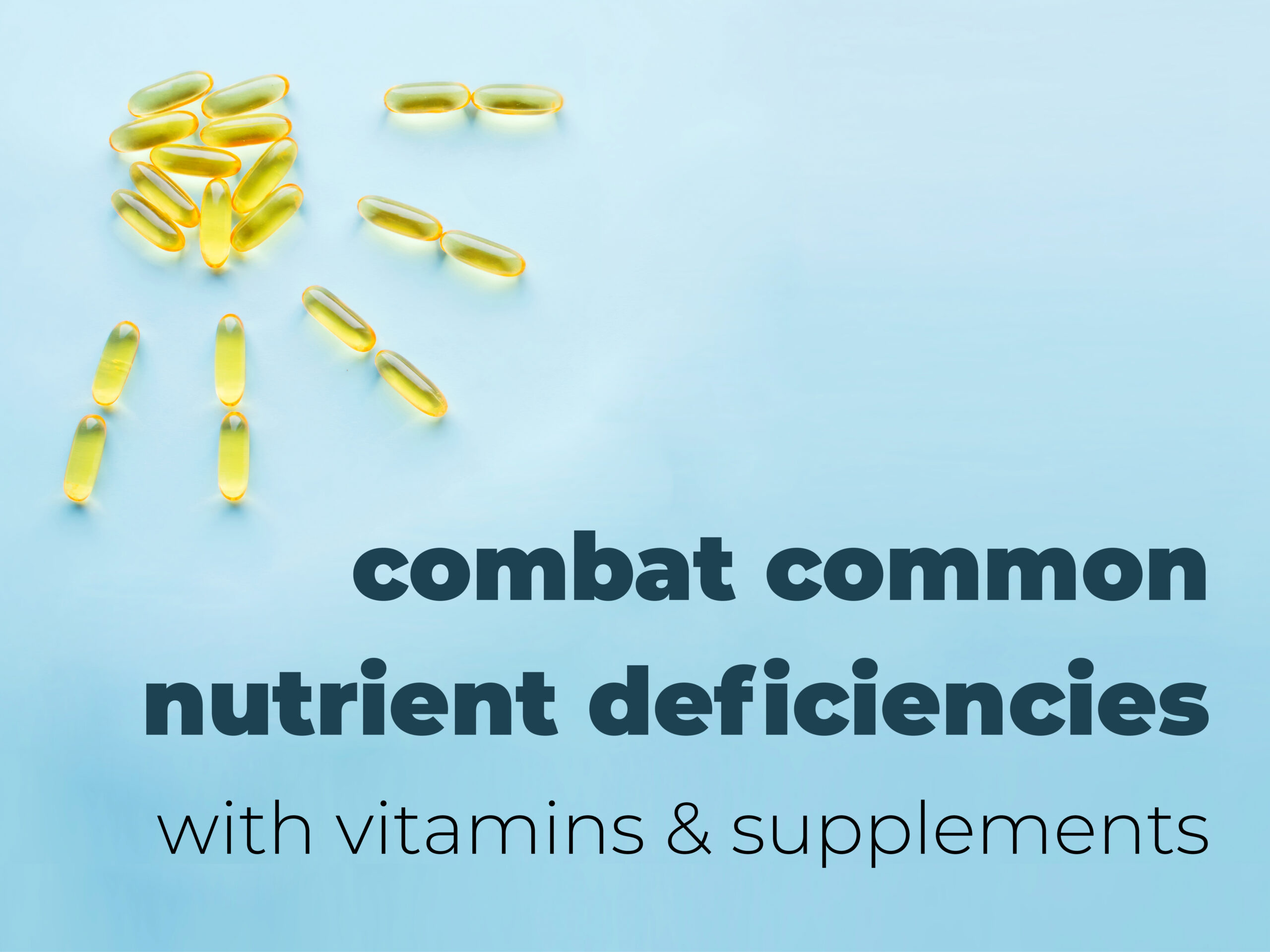It’s been a long day, you’re ready to go home and have some drinks to unwind when you remember you’re taking an antibiotic. The bottle says, “Do not consume alcohol while taking this medication,” but a few drinks should be fine, right? Wrong – here’s why!
Why is combining drugs and alcohol a bad idea?
It may come as a surprise for some, but drinking alcohol while taking medications (prescription or over-the-counter) can lead to potentially severe side effects and even death. We often forget that alcohol is in fact a drug, and if mixed with other drugs can cause unwanted side effects such as nausea, headaches, fainting, loss of coordination, and more. ¹
Not only can mixing drugs and alcohol have a negative effect on your body, but it can also interfere with how the medication works. Alcohol can cause your medication to have several different effects: ²
- The medication may become less effective.
- The concentration of the medication may reach toxic levels.
- Side effects may worsen.
- New symptoms may arise.
Talk to your pharmacist about the potential side effects of mixing your medication with alcohol, even if the label does not come with a warning. It’s important to be honest with your pharmacist about your drinking habits so they can accurately judge any risks.
What can happen if I mix drugs and alcohol?
Mixing alcohol with prescription or over-the-counter medications can have serious side effects. Some common symptoms include: ²
- Blood pressure changes
- Mood and behavior changes
- Dizziness and fainting
- Nausea and vomiting
- Headaches
- Seizures
More serious complications caused by mixing alcohol with medications are liver damage, heart problems, internal bleeding, and could lead to an overdose or alcohol poisoning. ³
Drug and alcohol interactions may depend on the type of medicine, the amount of alcohol, and your genetics, sex, and overall health. ³ Often, older adults, women, and children and teens may experience more severe side effects of alcohol and drug interactions for a number of reasons. ⁴
Older Adults
Alcohol does not break down as quickly in older adults and their body’s water to fat ratio is decreased. According to a study by the National Institutes of Health (NIH), 78% of surveyed adults over the age of 65 were current drinkers and also taking a medication that could interact with alcohol. ⁴ This can lead to drowsiness, dizziness, confusion, and a greater risk of falls and injury.
Women
Women may be at greater risk of side effects from mixing alcohol and drugs than men due to having a lower percent of body water compared to body fat. This causes alcohol to break down slower, resulting in a higher blood alcohol level after drinking the same amount as a man. This increases the risk of experiencing negative side effects.
Children and Teens
While seemingly at a lower risk for drug interactions with alcohol, it is still a concern. Alcohol abuse in youth can cause life-long complications and can especially be a risk when mixing alcohol with ADHD medications.
Another concern is how the younger population is consuming their alcohol. Energy drinks are a common alcohol mixer among college students, which can lower the feeling of intoxication resulting in excessive drinking and alcohol-related injuries. ⁴
What medications can interact with alcohol?
Many medications, including over-the-counter products, can vary in severity of symptoms. The most common medicines that react with alcohol include: ³
- Opioids
- Antidepressants
- Antipsychotic medicines
- Sleeping aids
- Cold and flu medicines
- Antibiotics
- Pain medicines
Sedative medications, including those that help you sleep, can cause your breathing to slow or stop when consumed with alcohol. This can be extremely dangerous and is a common cause of death. ² Certain medications including painkillers, allergy relief, and cold medicine may contain multiple ingredients that can react with alcohol. ¹ Some medications can even contain up to 10 percent alcohol, such as cough syrup and laxatives.
If you are unsure of your medication ingredients, talk to your pharmacist to get a better understanding of what your medicine contains. Most over-the-counter medications will have sections on the label listing various things such as active ingredients, purpose, uses, warnings, directions, other information, inactive ingredients, and can even include a phone number to call with questions. ⁵
Below are symptoms or disorders that are commonly remedied with medication (both prescription and over-the-counter) and the possible drug alcohol interaction side effects. ¹
- Allergies, cold and flu. Common side effects of consuming alcohol while taking these medications may include drowsiness, dizziness, and increased risk for overdose. Many cold medications already have alcohol in them, so combining that with drinking alcohol can induce severe drowsiness.
- Anxiety. Taking anxiety medications may heighten your anxiety symptoms if mixed with alcohol. Some side effects include drowsiness, dizziness, difficulty breathing, unusual behavior, memory problems, and impaired motor control.
- ADHD. When mixed with alcohol, many ADHD medications can have contradicting side effects including impaired concentration, increased risk for heart problems, liver damage, dizziness, and drowsiness.
- Heartburn. Rapid heartbeat, increased alcohol effect, and sudden changes in blood pressure are just a few side effects of consuming alcohol while taking heartburn medications.
- High cholesterol. A few side effects of mixing alcohol with high cholesterol medications include liver damage, increased flushing and itching, and increased stomach bleeding.
- Infection. Alcohol should not be consumed if you are taking an antibiotic. Not only can the alcohol reduce the effect of the antibiotic, but it can also result in a fast heartbeat, stomach pain, vomiting, liver damage, and more.
- Pain. Common painkillers, when mixed with alcohol, may result in upset stomach, ulcers, liver damage, and rapid heartbeat.
- Sleep issues. Mixing alcohol with sleeping aids can result in increased drowsiness, slow breathing, impaired motor control, memory problems, and much more.
If you are currently taking any type of medication, even an over-the-counter cold medicine, talk with your pharmacist about the potential interactions your medication may have with alcohol. If you or a loved one is struggling with alcohol or drug addiction, please call the SAMHSA National Helpline for free, confidential help at 1-800-662-4357, or visit samhsa.gov for more information on how to get help.
Sources:
² https://www.verywellmind.com/mixing-alcohol-and-medication-harmful-interactions-67888
³ https://www.healthdirect.gov.au/medicines-and-alcohol
⁴ https://www.drugs.com/article/medications-and-alcohol.html
⁵ https://www.fda.gov/drugs/resources-drugs/drug-interactions-what-you-should-know




